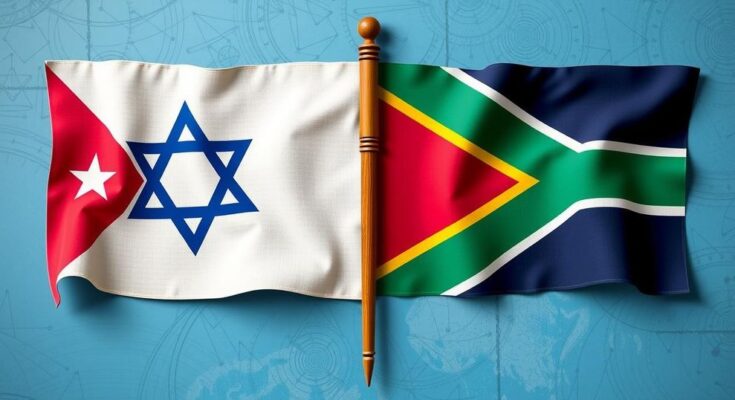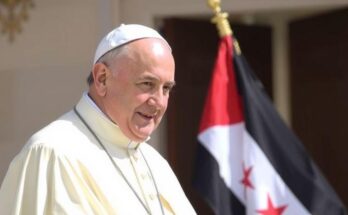Cuba has officially joined South Africa’s genocide case against Israel at the ICJ, which alleges that Israel has violated the 1948 Genocide Convention. Under the Convention, Cuba will provide interpretation on key articles, while the Court has also invited responses from South Africa and Israel. Other nations, including Nicaragua and Turkey, have previously supported South Africa’s claims.
The International Court of Justice (ICJ) has announced that Cuba has formally joined South Africa’s legal case against Israel, alleging acts of genocide. This case was initiated by South Africa on December 29, 2023, under accusations that Israel has breached the provisions of the 1948 Genocide Convention. Given Cuba’s status as a signatory, it is entitled to provide interpretations regarding several pivotal articles of the convention, which may shape the proceedings significantly.
The ICJ’s statute permits states party to the Genocide Convention to engage in the court proceedings when questions about the interpretation of its articles arise. Cuba’s participation allows it to present its insights on Articles I, II, III, IV, V, VI, VIII, and IX of the convention, as endorsed by the ICJ. Following Cuba’s declaration of intervention, the Court has invited both South Africa and Israel to submit their written comments in accordance with its procedural rules. Other nations, including Nicaragua, Colombia, Libya, Mexico, Palestine, Spain, Turkey, and Ireland, have previously endorsed South Africa’s case.
The case revolves around serious allegations of genocide within the context of the Israeli-Palestinian conflict, significantly asserting that international legal standards, specifically the Genocide Convention, have been allegedly violated. The Genocide Convention announced in 1948 aims to prevent and punish acts of genocide, encompassing various forms of acts including killing, causing serious bodily or mental harm, and deliberately inflicting living conditions intended to destroy a group. The engagement of multiple nations in this case indicates a growing international concern over the situation in Israel and Palestine and echoes broader geopolitical sentiments. Cuba’s intervention further illustrates its stance against what it perceives as violations of human rights within the Israeli framework, aligning with similar positions taken by other states.
In conclusion, Cuba’s formal involvement in South Africa’s genocide allegation against Israel at the ICJ marks a continuing trend of international scrutiny regarding Israel’s actions in the Palestinian territories. The collective participation of multiple nations underscores a significant diplomatic movement within global legal discussions surrounding the Genocide Convention. The outcomes of this case may bear considerable implications for international law and humanitarian rights advocacy across the globe.
Original Source: en.royanews.tv




